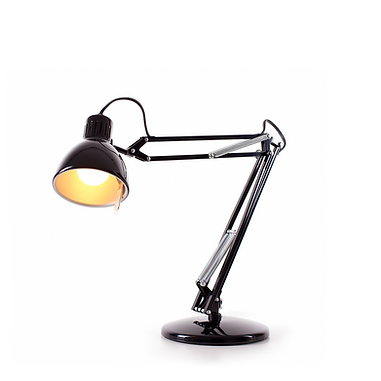Hillcrest Country Club No. 15 - Condominium Association
About “Ask the Energy Expert”
Submitted By Craig Muccio Craig Muccio runs FPL’s Conservation Research & Development Program and crunches the numbers to figure out how you can save by managing your energy use.
Myth or not? Ceiling fans reduce A/C costs
Q. Do ceiling fans help me reduce my A/C costs?
A. Ceiling fans can help you reduce your cooling costs be- cause they allow you to set your A/C thermostat higher and still feel comfortable. The breeze increases the evaporation of moisture from your skin making you feel cooler than you would without it. However, there’s a catch. Ceiling fans cool people,
but they don’t lower the temperature in the room. So, you’ll waste money, not save, if you leave them on when no one is around. The same advice applies to portable fans, like standing floor fans; however tower fans are reputed to lower a room temperature b y several degrees when the door is closed.
Turning off any fan when you leave a room instead of letting it run all the time can help you save from $3 to $7 a month, depending on fan speed. There’s always a little extra electricity involved in turning on the fan again when you need it. However, the amount used is minimal. It’s always better to turn off the fan when you’re not in the room.
Tips for Snowbirds Who Leave for the Summer
If you have a manual thermostat:
FPL recommends setting your air conditioning system to 80 degrees for detached homes and townhouses and 77 degrees for condos and apartments. These measures control the relative humidity (RH) in your vacant home by providing dehumidification to help prevent mold growth. Always keep you’re A/C fan switch to the “auto” mode.
If you have a programmable thermostat:
A programmable thermostat is a more energy-efficient and effective option. FPL recommends programming thermostats at 72 degrees for just two hours each morning before sunrise and at 88 degrees the rest of the time. This will help prevent mold by removing moisture from the air during the cooler hours, when relative humidity (RH) is highest and your A/C runs most efficiently.
Water heaters: Turn off or leave on?
Q. Is it a good idea to turn off the hot water tank overnight or when not using it?
A. We turn off lights and other things when we’re not using them. So, of course you’d wonder if you should do the same with your water heater. In fact, it was one of the top questions we received from customers following my recent post on the cost of heating water in your home. Because there was so much interest, we wanted to talk a little more aboutwater heaters this month.
Savings from Turning Off Water Heaters:
Turning off your water heater when you don’t need it could help you save a few bucks each month if you have a tank-style heater that’s standard in many homes or even one of the newer hybrid, or heat pump systems. That’s because even though water heaters are well insulated, a small amount of heat does escape the tank while hot water is waiting for you to use it. That energy loss is typically about 10 percent. So, for an average FPL customer which we estimate spends a little under $20 every month to heat water, about $2 of that cost is due to heat loss. That’s money that you could save by turning off your water heater when you’re not using it. And, you may be wondering if you’ll end up using more energy to heat water that’s cool because you’ve turned off the heater. Not really. Think of it this way — you’re paying to heat the water anyway, regardless of whether you heat it right before you use it or heat it and let it sit until your next use. The small cost savings comes from avoiding the escaped heat while it’s waiting for you to use it.
The “How To”:
If your water heater has an on/off disconnect switch, we recommend turning on the water heater a half hour before you need it, giving the unit time to heat your water. Then, you should shut it off again just before you start using hot water. Why? Well, if you wait until after a shower, for example, to turn off your water heater, it will start heating the new water that fills the tank, leaving you with another full tank of hot water and the escaped heat situation that you’re trying to avoid.
I imagine some of you might worry that you’d run out of hot water if you turned off your water heater before hopping in the shower. Keep in mind, your tank has a certain amount of hot water available at one time, and once it’s used, it takes time to reheat the tank as new water is added. So, essentially, you can run out of hot water regardless of whether you leave the water heater on during your shower or turn it off.
What about timers?:
Of course, you don’t need to turn off your water heater manually. You could always consider automating this step with a timer. This may save you some time, but possibly not the money you’re hoping for. You’ll need to weigh the cost of buying a timer and installing it against the estimated $2 monthly energy savings you could get from turning off your water heater manually.

